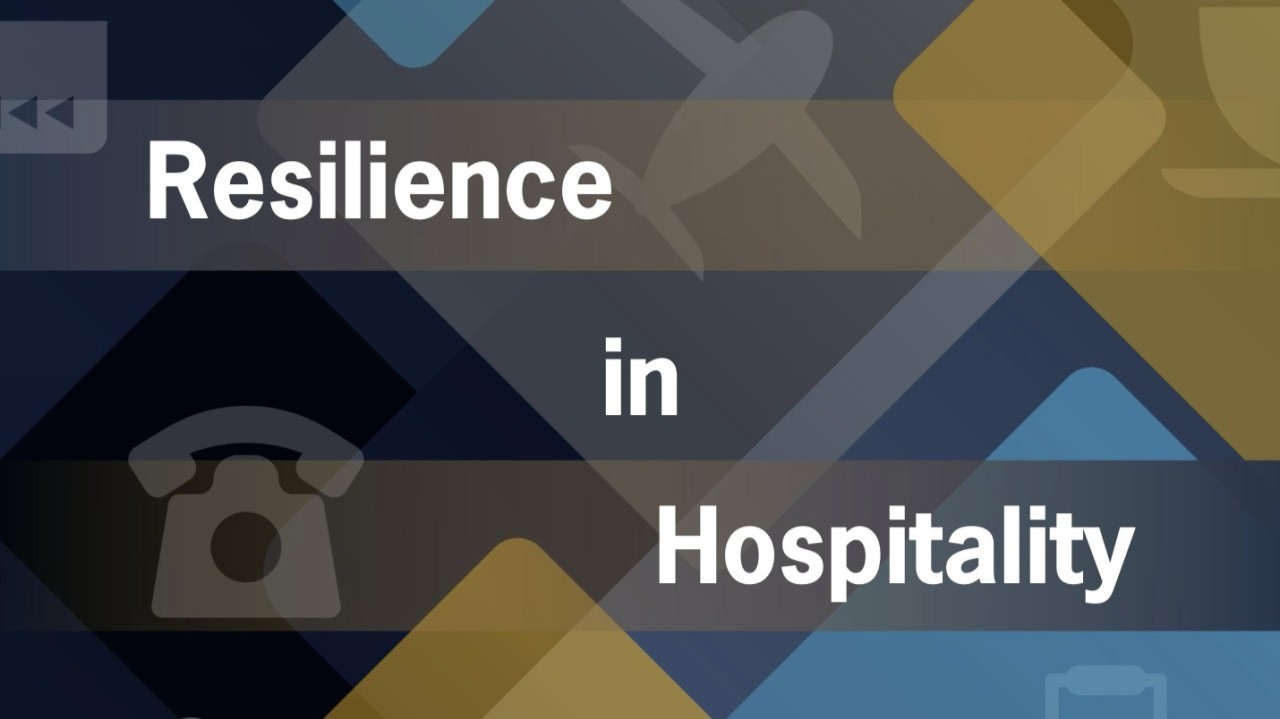In an industry as dynamic as hospitality, crises are inevitable. From economic downturns to political instability, pandemics, and natural disasters, the hotel sector in Sri Lanka has faced its fair share of challenges. The resilience of the industry depends on how well businesses prepare, respond, and recover from these crises. This article delves into effective crisis management strategies tailored for Sri Lanka’s hotel industry, ensuring sustainability and long-term success.
Understanding Crisis Management in Hospitality
Crisis management in the hotel industry refers to the strategies and actions taken to mitigate risks, handle disruptions, and ensure business continuity. It encompasses financial planning, operational adjustments, staff training, and customer relationship management. Hotels must proactively assess risks and establish a crisis response framework to navigate uncertain times effectively.
The Impact of Crises on Sri Lanka’s Hospitality Sector
Sri Lanka’s hotel industry has been severely impacted by multiple crises in recent years, including:
- The 2019 Easter Sunday attacks, which resulted in a sharp decline in tourist arrivals.
- The COVID-19 pandemic, leading to travel restrictions, low occupancy rates, and financial strain.
- Economic and political instability, causing operational disruptions, inflationary pressures, and reduced consumer spending.
- Natural disasters such as floods and landslides affecting infrastructure and tourism demand.
These crises highlight the importance of resilience and preparedness in the industry.
Key Crisis Management Strategies for Hotels
1. Proactive Risk Assessment and Planning
A structured risk management plan is the foundation of effective crisis management. Hotels must identify potential threats, evaluate their impact, and develop mitigation strategies. This involves:
- Conducting SWOT (Strengths, Weaknesses, Opportunities, and Threats) analysis.
- Implementing early warning systems for economic, environmental, and security threats.
- Establishing a crisis management team with defined roles and responsibilities.
2. Financial Preparedness and Cost Management
Hotels must maintain financial resilience to withstand economic downturns. Effective financial strategies include:
- Maintaining an emergency fund to cover operational costs during crises.
- Diversifying revenue streams, such as offering long-term stays, co-working spaces, or digital events.
- Negotiating flexible contracts with suppliers and vendors to manage cash flow.
- Leveraging government relief programs and industry support initiatives.
3. Digital Transformation and Innovation
Technology plays a crucial role in crisis management and operational sustainability. Hotels must embrace digital solutions, including:
- Contactless check-ins and digital payment systems to enhance guest safety.
- AI-driven chatbots for customer service and reservations.
- Data analytics to predict booking trends and optimize pricing strategies.
- Virtual tours and digital marketing to maintain engagement with potential travelers.
4. Employee Training and Well-being
Staff members are the backbone of the hospitality industry. Crisis situations demand well-trained and motivated employees. Key initiatives include:
- Regular crisis management training and emergency response drills.
- Providing mental health support and wellness programs to boost morale.
- Retaining skilled workers through flexible work arrangements and incentives.
5. Strengthening Guest Relations and Brand Reputation
During crises, hotels must maintain trust and transparency with guests. Essential steps include:
- Clear communication regarding safety measures and operational updates.
- Flexible cancellation and refund policies to build customer confidence.
- Personalized engagement through email marketing and social media.
- Corporate social responsibility (CSR) initiatives, such as community support and sustainability programs.
6. Strategic Partnerships and Industry Collaboration
Collaboration with stakeholders enhances resilience. Hotels can benefit from:
- Partnering with travel agencies, airlines, and local businesses for joint promotions.
- Engaging with tourism boards and hospitality associations for advocacy and support.
- Participating in industry forums to exchange insights and best practices.
7. Crisis Communication and Public Relations
Effective communication is vital in managing crises and maintaining a positive image. Hotels should:
- Develop a crisis communication plan with predefined messaging.
- Utilize social media and press releases to address public concerns.
- Train spokespersons to handle media inquiries professionally.
8. Sustainable and Eco-friendly Practices
Sustainability is a key factor in long-term resilience. Hotels should:
- Implement energy-efficient solutions and waste management programs.
- Promote eco-tourism and responsible travel initiatives.
- Support local communities by sourcing products and services locally.
Case Studies: Resilient Hotels in Sri Lanka
Several hotels in Sri Lanka have successfully navigated crises by implementing strategic measures:
- Jetwing Hotels embraced sustainability and digital marketing to stay competitive during downturns.
- Cinnamon Hotels & Resorts implemented flexible booking policies and strengthened guest engagement.
- Resorts in the Southern Coast diversified their offerings by introducing wellness retreats and eco-tourism packages.
Conclusion: Building a Resilient Future
Crisis management in Sri Lanka’s hotel industry is not just about survival—it is about long-term sustainability and adaptability. By adopting proactive risk management, financial resilience, digital transformation, and strong stakeholder collaboration, hotels can emerge stronger from any crisis. The future of Sri Lanka’s tourism industry depends on its ability to adapt, innovate, and remain resilient in the face of uncertainty.
Read more here


What I couldn’t realize is, why any
Authority do not get your service as a consultant.